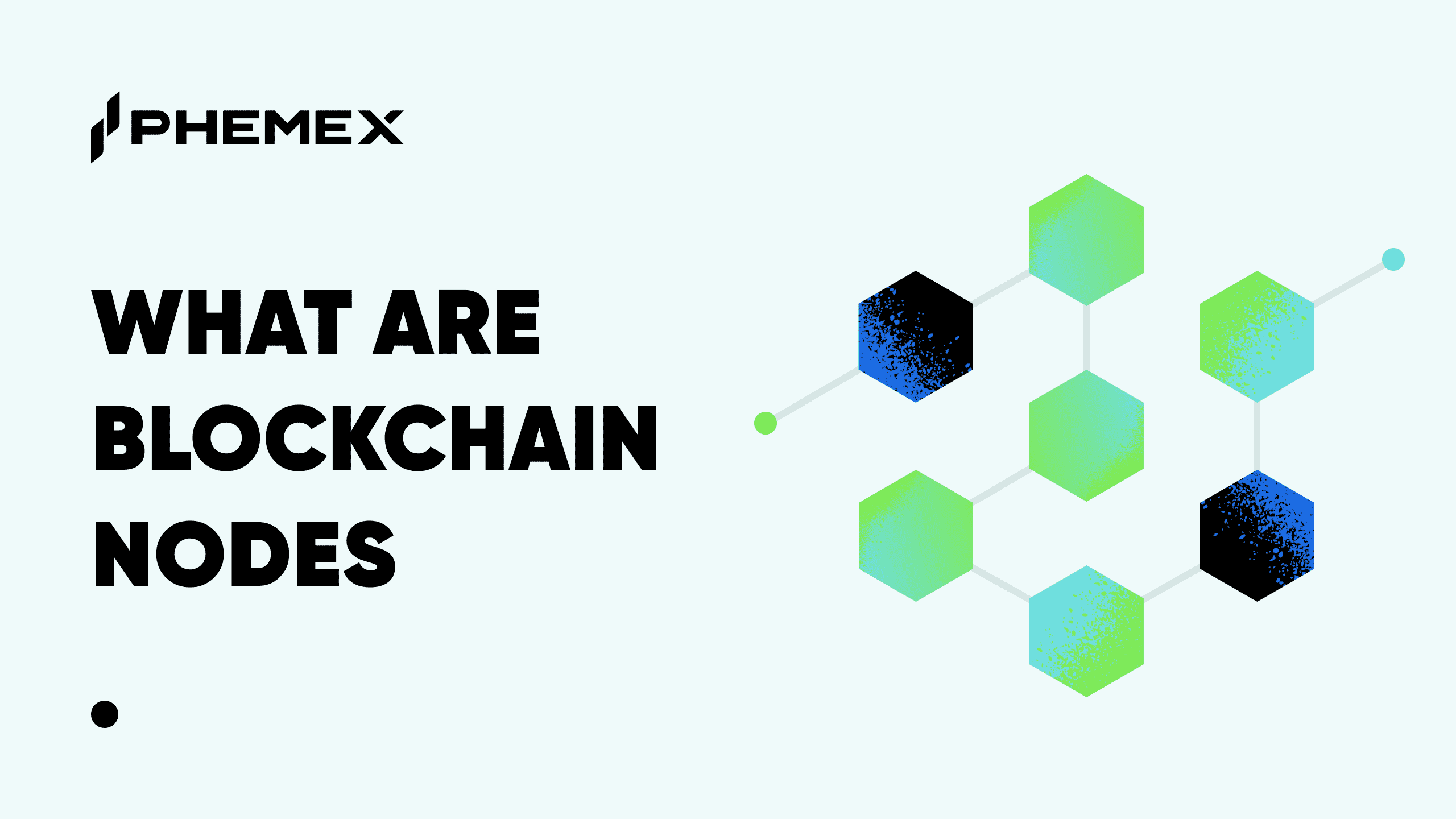
You may have heard the concept or term «smart contract» often associated with blockchain technologies. Today we explore what exactly this is and how it relates to bitcoin trading and other cryptocurrencies.
Why Do We Need Contracts?
The primary purpose of a contract is to address the issue of trust. Most of us would not invest in companies that we’ve never heard of, would not lend money to strangers, and would not readily trust someone in a different part of the world. This is exactly why we use legally binding documents to ensure both parties keep their word. An alternative would be to rely on intermediaries that already have our trust. Think about a Bitcoin Spot Exchange like Phemex for example. Because users already trust the company and brand, they freely trade cryptocurrencies with strangers on the internet as they know that Phemex will enforce the completion of any deals.
However, sometimes it is not practical to rely on contracts or intermediaries. Imagine if you simply wanted to buy a very low-cost digital product like a song or an ebook from someone. The expense of creating a contract or the fees that must be paid to intermediaries make it obvious that an alternative is needed.
Smart Contracts
Smart contracts are essentially programs or protocols that replace intermediaries and automatically execute or enforce the conditions that would be present in any contract. By using code to automate these self-enforcing agreements, parties can interact in a peer-to-peer manner without worrying about trust. An early application of the concept of smart contracts can be found with vending machines. All you need to do is select a product, insert money, and the machine is designed to automatically check if the amount is correct. If it is, you receive your product, if it is not, the money is returned.
Today, these codes or contracts are managed by a blockchain. Rather than storing the rules and relevant assets in a machine, they’re stored in a public ledger that is tamper resistant and easy to review. In other words, through a well-designed code, a smart contract is able to entirely replace and avoid the costs and difficulties associated with the creation and enforcement of traditional contracts.
When combined with cryptocurrencies, this concept becomes a powerful tool in the world of financial transactions. For example, a smart contract could be designed to automatically release a certain digital product when the right amount of cryptocurrency is transferred to a predefined wallet. This would all happen automatically and anyone could review the process of the transaction.
Ultimately the best way to learn about smart contracts is to try and engage with them yourself. Before you do that, obtain some cryptocurrencies by spot trading Bitcoin on Phemex.








